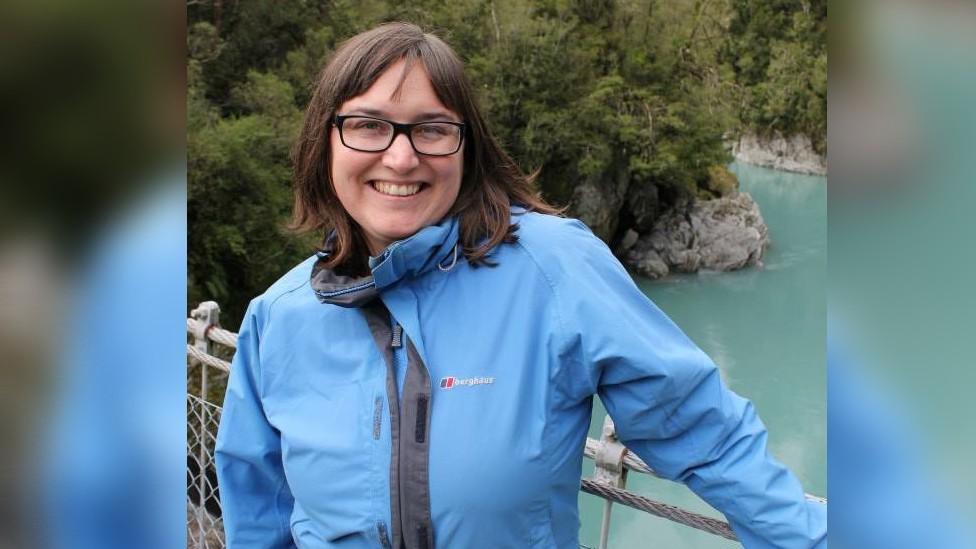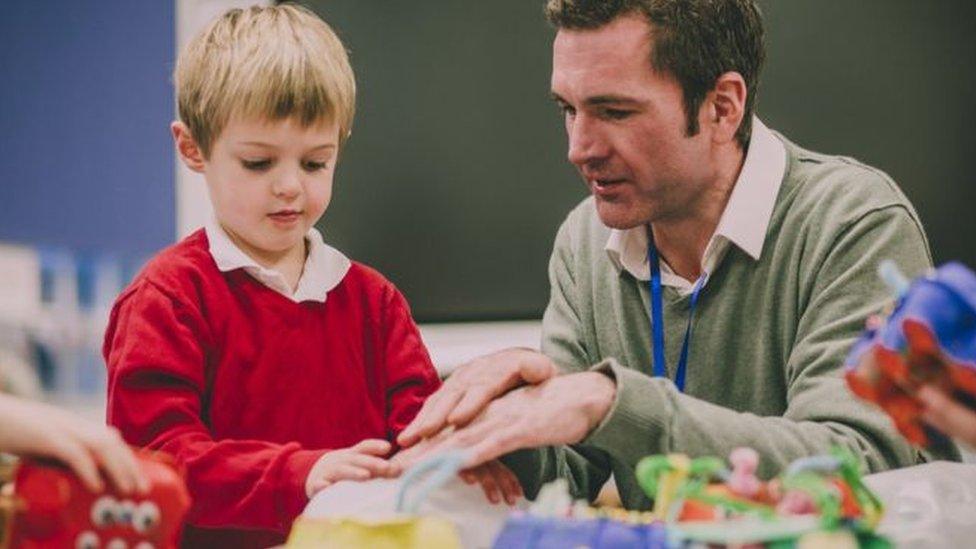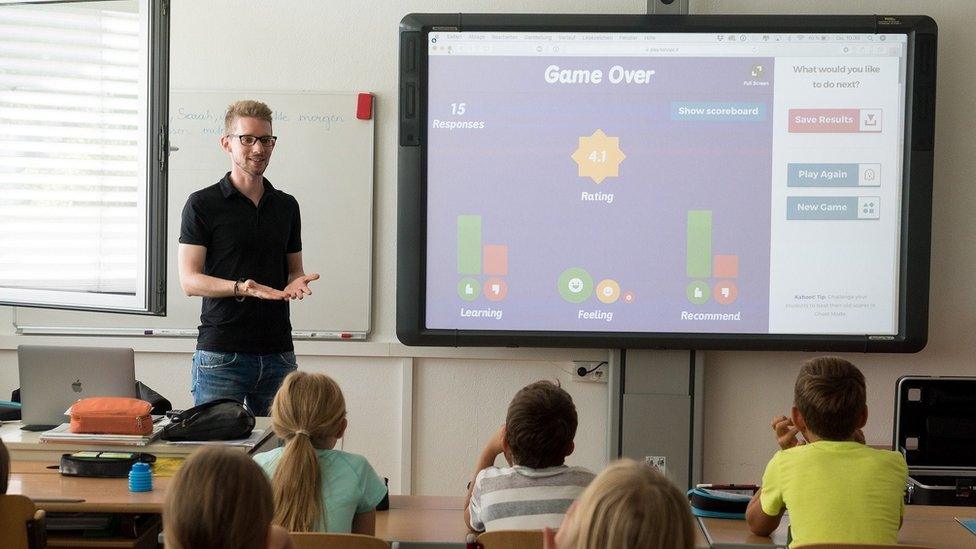Legal challenge launched over autism assessment changes in Bristol
- Published

Sirona's plans would scale back the number of children eligible for an autism assessment
Campaigners have started legal action to reverse a decision to reduce the number of children eligible for an autism diagnosis via NHS services.
Sirona, which runs the service in Bristol, North Somerset and South Gloucestershire, said it had to narrow criteria due to a 350% rise in demand.
Assess for Autism has raised £5,000 through a crowd funding campaign to challenge the change.
Sirona said it recognised concerns but said its decision was "clinically-led".
On Thursday, lawyers for Assess for Autism sent Sirona a "letter before action" - the first step of legal proceedings to try to overturn the decision.
'Outpouring of support'
Jai Breitnauer, one of the founders of the campaign, has one son with a diagnosis of autism and a second waiting to be assessed.
She said Assess for Autism's campaign had received an "outpouring of support" and had hit its fundraising target in 10 days.
Ms Breitnauer said the campaign was considering launching a judicial review if Sirona does not engage.
"We have sympathy for NHS services locally and nationally which we know are underfunded" she said.
"However, we take great issue with that idea that this is a clinically-led decision. The decision doesn't seem to follow NHS guidelines.
"It is (Sirona) saying 'we can't afford everybody so we are going to see the children that have already started falling off the edge of the cliff and try and catch them if we can'.
"We don't think that's a good way to be operating services. It is definitely not in the spirit of the NHS," added Ms Breitnauer.

Jai Breitnauer is campaigning against the changes to autism assessments
Assess for Autism said it wanted to know if there were other cost-savings Sirona could have made before it decided to scale back services.
Ms Breitnauer said it had been difficult to secure an assessment for her younger son.
"He doesn't meet any of Sirona's criteria but that doesn't mean he isn't struggling.
"He is finding school hard, he's finding social interaction hard - his anxiety is sky high and he doesn't really understand why he feels the way he does," she said.
"We have said to him the likelihood is that he is autistic. But until we have a diagnosis it is hard to know what services we can access," added Ms Breitnauer.
'Increase in demand'
Sirona said it was undertaking a system-wide review of its services and feedback would be considered.
A spokesperson said: "Faced with a dramatic increase in demand for referrals in recent years... we have taken a clinically-led decision to prioritise access for children whose needs are greatest.
"We are talking daily to families to give support and have been attending events to explain the background to the changes and listen to people about their concerns.
"We are keen to work with partners to ensure neurodiversity is recognised and understood and that we all work together to ensure we meet the needs of children and young people."

Follow BBC West on Facebook, external, Twitter, external and Instagram, external. Send your story ideas to: bristol@bbc.co.uk , external
- Published3 April 2023

- Published14 March 2023

- Published22 March 2023
